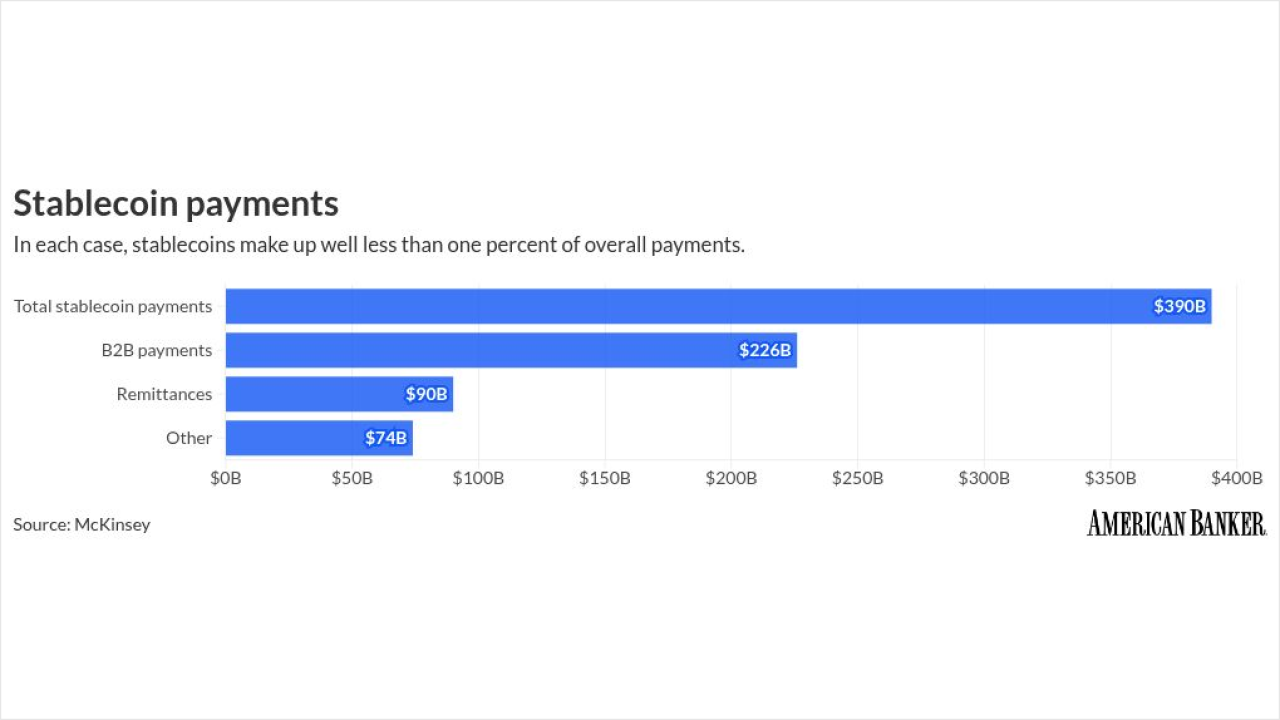
Pathward Bank must pay more than $700,000 in refunds and penalties for illegally sending customer funds to debt collectors and freezing user accounts, according to the New York attorney general's office.
It's the first time a bank has been assessed a penalty in connection with the state's Exempt Income Protection Act, which shields customer funds that include government benefits and protected wages from being sent to debt collectors.
The $7.9 billion-asset Pathward, a national bank based in Sioux Falls, South Dakota, violated the law from 2016 to 2022, the AG's office said Wednesday. Pathward primarily operates through its banking-as-a-service partners, such as credit card issuers, which it instructed to freeze hundreds of customers' accounts and turn over tens of thousands of dollars despite EIPA protection, the AG's office said.
Attorney General Letitia James said in a prepared statement that her office would ensure that "every dollar" lost due to Pathward's actions is refunded.
"Vulnerable New Yorkers had money taken out of their bank accounts by the very institution they trusted to protect them," James said. "Pathward's illegal actions deprived New Yorkers of their hard-earned wages and critical government benefits."
The EIPA, which took effect in 2009, requires financial institutions to exempt funds in deposit accounts such as Social Security checks, veterans' benefits, disability insurance and unemployment insurance up to $3,425.
Additionally, banks cannot freeze accounts with protected wages up to $3,840 around the city and $3,600 throughout the rest of the state — equal to 240 times the state's minimum hourly wage.
The AG's office cited a case in which a Pathward third-party provider for a year froze a customer account that had less than $800.
Pathward must refund nearly $80,000 to some 88 people and pay a $627,000 fine.
A Pathward spokesperson said in an email to American Banker that the investigation "revealed certain inadequacies" in complying with the EIPA, but that the bank was updating its procedure to prevent similar issues in the future. The AG's office said the bank cooperated with the investigation and voluntarily began to remediate the problem practices.
"Nothing is more important to Pathward than maintaining a robust risk and compliance foundation and ensuring that we afford our customers every protection the law provides," said the Pathward spokesperson. "We empathize with customers adversely affected and will work hard to regain their trust."
Although there have been a number of class actions against banks for violating the law, most courts have decided that there's no private right of action, meaning that bank customers generally can't sue for damages, said Joseph Simon, a partner at Cullen and Dykman who leads EIPA seminars for banks.
"That has left a lot of bank customers who feel aggrieved here with not much recourse other than to complain to the banks, who they believe are not complying with this law," Simon said. "It looks like now that the attorney general has taken up this cause on behalf of bank customers who feel aggrieved under the act. This is the first such action that I'm aware of."
He said although he's heard that the New York State Department of Financial Services has homed in on the law during examinations of banks, it was surprising that the attorney general slapped Pathward with a penalty.
Simon said the state's investigation appears to have found widespread noncompliance at Pathward. He added that most banks he works with, especially those based in New York, are very cognizant of the EIPA. He said although the law is complex, being based in another state and operating with third-party companies could further complicate application of the rules.
The penalty against Pathward is also the latest public compliance infraction from a banking-as-a-service bank, following a number of consent orders from federal agencies against institutions like






